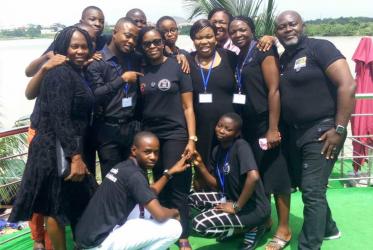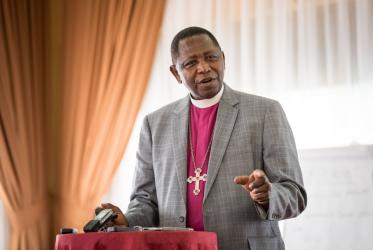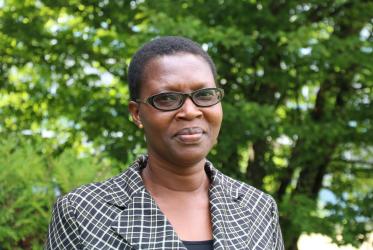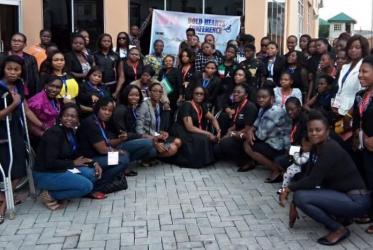Displaying 21 - 40 of 68
24 September 2018
Doing his best without being the best
07 September 2018
Congolese churches respond to Ebola outbreak
01 June 2018
Conversation on HIV “must continue,” Faith Networking Zone shows
07 December 2017
“Facing the storm of HIV, we can move together, be agents of change”
06 September 2017
A communicator on the move
10 July 2017
G7 must address famine
22 May 2017
Youth engagement fundamental to HIV response
18 April 2017
“It’s time to be brave, to form diverse partnerships”
02 March 2017
















